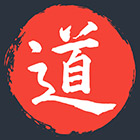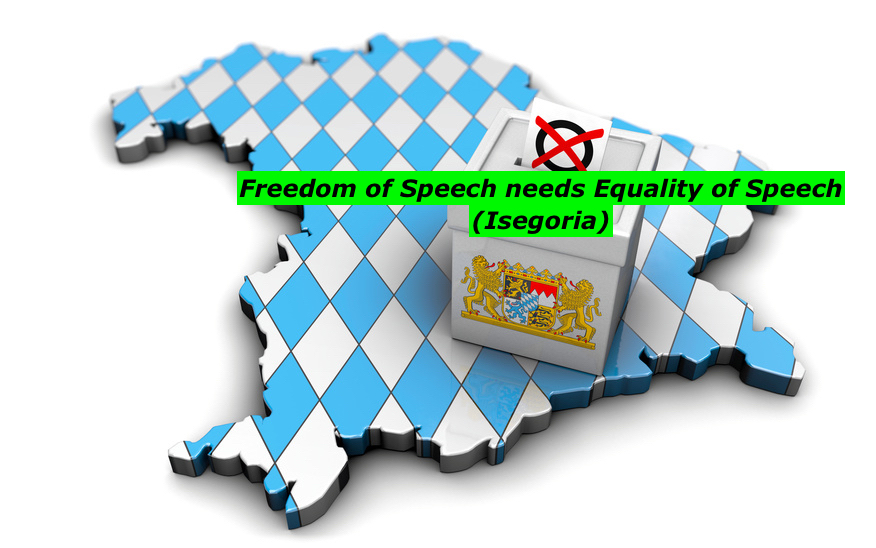- Surge in populism has awoken the electorate
- The future will be shaped by medium-sized parties and consensus building
- Auditions for a new Eurogroup leader to begin shortly? (probably)
My trust in the people of the Netherlands was matched by the outcome of this much awaited election. Especially by the turnout of over 80%, the highest in 30 years. It’s not just proof that the Dutch electorate is well informed and engaged – it also indicates how populist rhetoric and authoritarian display by leaders elsewhere are galvanizing citizens to join the democratic process.
This is exactly what we witnessed last year in Austria: at the first round of the presidential elections in May the moderate candidate barely won by some 31.000 votes. The party of the right wing candidate successfully contested the outcome on procedural grounds, the Supreme Court ordered a rerun. Meanwhile Austrian citizens witnessed the unfolding of the British referendum and the US elections while going through an intense debate and remembering. In the weeks leading up to the second round, a heartfelt appeal by Gertrude, a 89 year old holocaust survivor in Vienna, was widely shared on German speaking social media. Disturbed by the denigrating, disrespectful and polarising language deployed by the right wing candidate, she felt the urge to speak up and share what she witnessed and experienced the last time the same language was used. Her key message: instead of complaining go and vote – and carefully consider what the politician who receives your vote, will do with it.
On 4 December, Austria elected moderate candidate and former Green Party leader Alexander Van der Bellen, descendant of Dutch-Estonian emigrees in Russia and child of refugee parents (who fled Stalinism), as its new president with a comfortable margin of 6%.
History walks with us wherever we go. It’s up to each of us to choose: do we allow it to restrict us – or do we learn from it and grow beyond?
Back to the Netherlands with a quick roundup of the numbers (for more details on preliminary results and number of seats in parliament see here):
VVD, the party of incumbent PM Rutte, lost voters yet retained its leadership (33 seats/ -8) in parliament, so he will form a new coalition government. Populist PVV gained a few seats (20/+4) compared to 2012 and will thus continue to be part of the debate but looks deflated in light of gains for the conservative CDA (19 seats/+6), liberal D66 (19 seats/+7) and green-left Groenlinks (14 seats/ +10) = THE big winner of this election and thus potential coalition partner. Groenlinks’s leader Jesse Klaver (who could be Justin Trudeau’s little brother) especially appealed to voters between the age of 18 and 24 years with his message of hope, equality and empathy. As life long Green voter and member of the Green party in Germany I’m delighted!
The greatest loss was suffered by the Dutch Labour Party PvdA (9 seats/ -29) whose base clearly has fragmented and been absorbed into other parties (here an interesting blogpost on the reasons). For the rest of Europe this means finance minister Jeroen Dijsselbloem is likely to be out and the Eurogroup of finance ministers will need a new leader. Hopefully someone with fresh ideas and goodwill to inject some positive energy into the Greek debt situation ….
Next up are elections in Saarland, one of the smallest states in Germany (26 March), which will give us a first taste of sentiment among German voters. Then it’s on to the first round of the French presidential elections on 23 April. More about both in the next diary editions.
Quick plug for the campaign slogan of the German Greens: The Future is Made of Courage = “Zukunft ist aus Mut gemacht” …Germans will recognise where the line comes from (thank you Nena)
Have a lovely weekend ahead!
Judith
©️Judith Bogner, 16 March 2017








